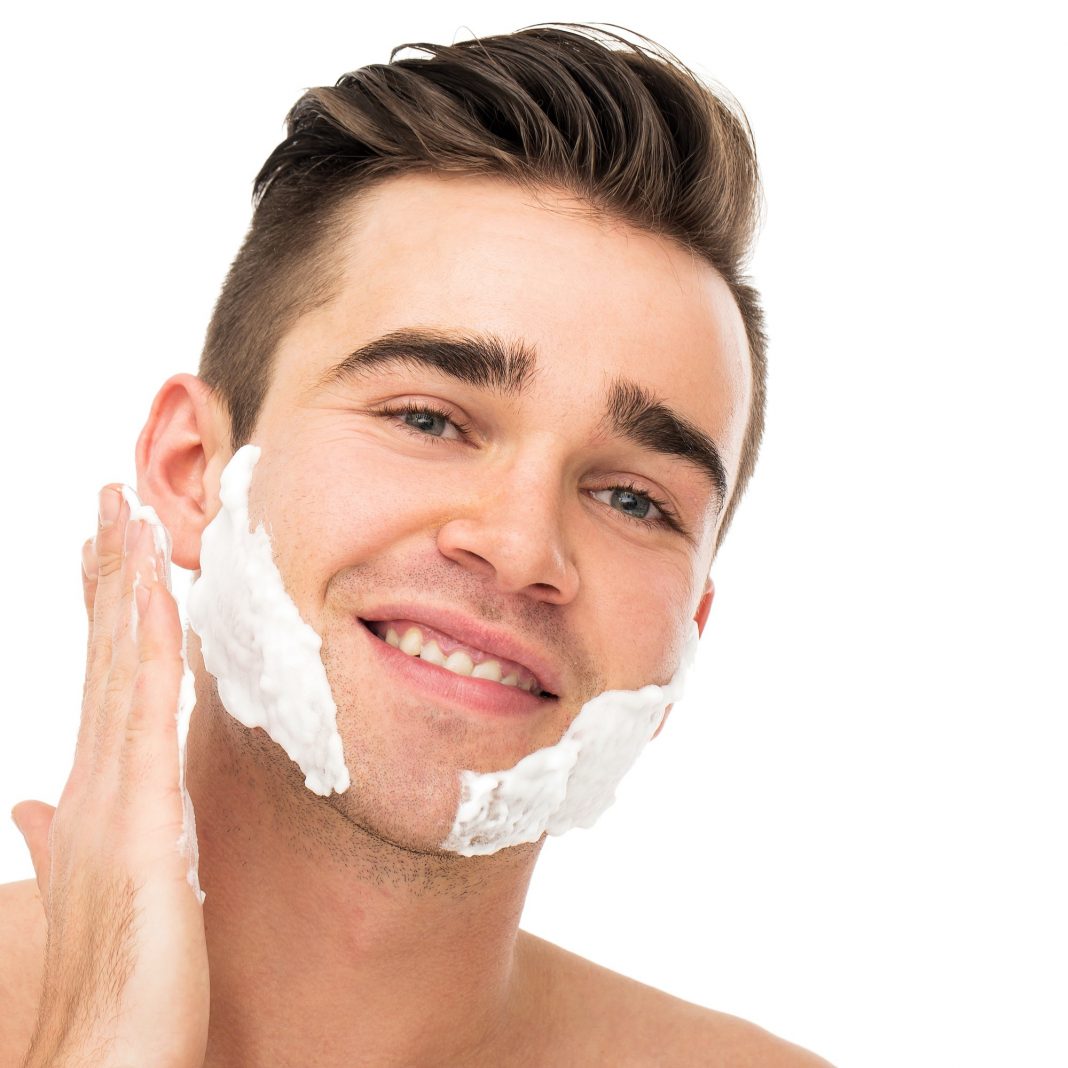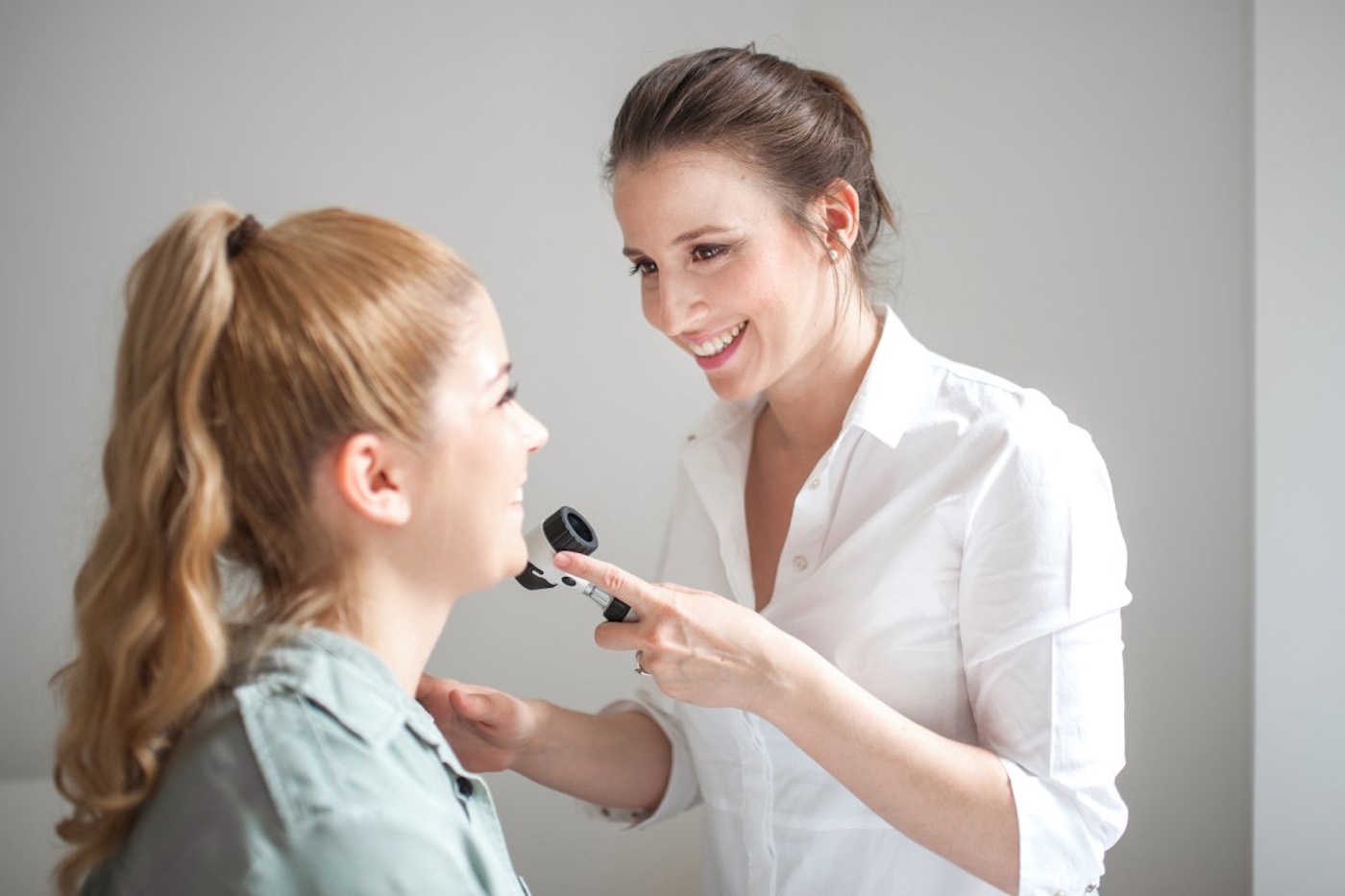One would think that acnes go away once and for all when puberty’s over. Unfortunately, it doesn’t work that way for some people, especially for those who have hormonal acne. Acne spot treatment for hormonal acne can be quite challenging as it is a recurring issue and it remains as one until proper treatment is taken.
What is Hormonal Acne?
Often referred to as adult acne, and is more prevalent in people within the age range of 20-50. Hormonal acne occurs in both men and women when the hormones in their bodies fluctuate.
Now, this could happen due to a couple of reasons. The obvious one would be because of some underlying medical condition that is triggering hormonal acne.
Hormonal acne can produce – whiteheads, blackheads, cysts as well as pimples.
What Causes Hormonal Acne?
Majority of the time, it is due to overproduction of the male hormone in both males and females known as testosterone. Whenever there is an excess production of this hormone in the body, it automatically gives rise to excess sebum through the oil glands.
As more oil is produced, it is trapped within the hair follicles, along with external dirt trapped in it, causing clogged pores resulting in hormonal acne.
How to Tell if Acne is Hormonal or Bacterial?
An easy way of telling that you have hormonal acne is by looking at the location of the acne. If it is popping up in the lower region of your face, then we can guarantee that it is due to hormonal acne. Especially in the area of your chin and jawline.
Other signs include having breakouts once every month during your menstrual cycle, or when you are stressed out due to something.
Dermatologist Recommendations for Hormonal Acne
1. Hormone Level Test
According to dermatologists, the very first step that you should take in order to treat your hormonal acne is to use a hormone level test kit. Carry out this test for an entire month to see how your hormones, especially androgen fluctuate.
2. Benzoyl Peroxide
Up next, you must ensure that you are cleaning your pores properly to get rid of the oil, first and bacteria. The best way to do that is to use a cleanser that consists of benzoyl peroxide. This ingredient prevents acne from recurring and is a long term solution for any kind of acne.
3. Salicylic Acid Exfoliator
Salicylic acid is good for both preventing newer breakouts as well as evening out the complexion of your skin as it acts as an acne scar remover. Dermatologists usually suggest purchasing the ones containing 2% salicylic acid as it can effectively help for acne scar removal.
4. Yoga for De-stressing
Hormonal acne is often caused due to excess stress. The best way to manage stress is to enrol yourself in a yoga class as it will enable you to become more mindful.
5. Birth Control Pills
Birth control pills are very effective in balancing out the hormone levels in your body, especially testosterone levels. This reduces acne caused due to hormonal fluctuations.
6. Skin Care Routine
You should also maintain a preventative skin care routine in order to reduce your chances of breaking out. Use a moisturizer that isn’t as oily. You should also purchase a toner, sunscreen, cleanser and exfoliator for a healthy skin care routine.
Retinol for Hormonal Acne
Retinol has long been known for reducing hormonal acne. It is due to the active ingredient Vitamin A which helps to clear up the skin. The best thing about using retinol for hormonal acne is that it is absorbed deep into the skin cells where it works from the inside out. It promotes cell turnover which helps to reduce the growth of acne.
Dermatologists suggest using Retinoids at night and using either salicylic acid or benzoyl peroxide during the day to prevent irritation.
Hormonal Acne Diet
If you have hormonal acne, you should steer clear of High GI foods like sweetened cereals, high sugary baked goods, candy, chocolate etc. Dermatologists also suggest not consuming cow’s milk and chocolate as they can promote hormonal acne.
Instead, you can incorporate healthier options like low GI food into your diet. Examples include nuts and seeds, non-starchy vegetables, apples, berries, whole grains and cereals, beans and legumes, etc.
You should also add protein to your diet in the form of eggs, fish, chicken and olive oil. Other alternatives could be foods rich in omega 3 fatty acids and anti-oxidants.
How to Treat Hormonal Acne Naturally
Tea Tree Oil
Tea tree oil is a natural remedy that works for acne scar removal. If you are looking for active hormonal acne natural treatment, using tea tree oil to spot treat might be your safest bet. It is suggested to add 12 drops of carrier oils like olive oil, coconut oil or jojoba oil to one or two drops of tea tree oil before application.
Green Tea
As per the experts, drinking green tea regularly can reduce the size of the acne slowly but steadily as it has anti-inflammatory properties.
Fish Oil Supplements
Rich in omega 3 fatty acids, fish oil supplements have anti-inflammatory properties which can help heal hormonal acne on your skin. You can also incorporate this as a part of your regular diet for better results.
Aloe Vera
Aloe Vera Gel is one of the most commonly used home remedies for treating acne. It cools and soothes the skin, leaving it nourished and radiant overnight. It also contains natural sulfur and salicylic acid which are both great ingredients for treating acne.
In Closing
Regardless of the treatment plan you choose for yourself, it is essential for both men and women to follow a strict skin care routine for both nighttime and daytime. However, before you go overboard with your purchases, make sure that you know what your skin type is to ensure that you are only using products that will suit your skin.
If you are using slightly harsh treatment plans including salicylic acid, benzoyl peroxide and retinol, do not forget to use a good moisturizer afterwards as it will help soothe the skin from the inside.








